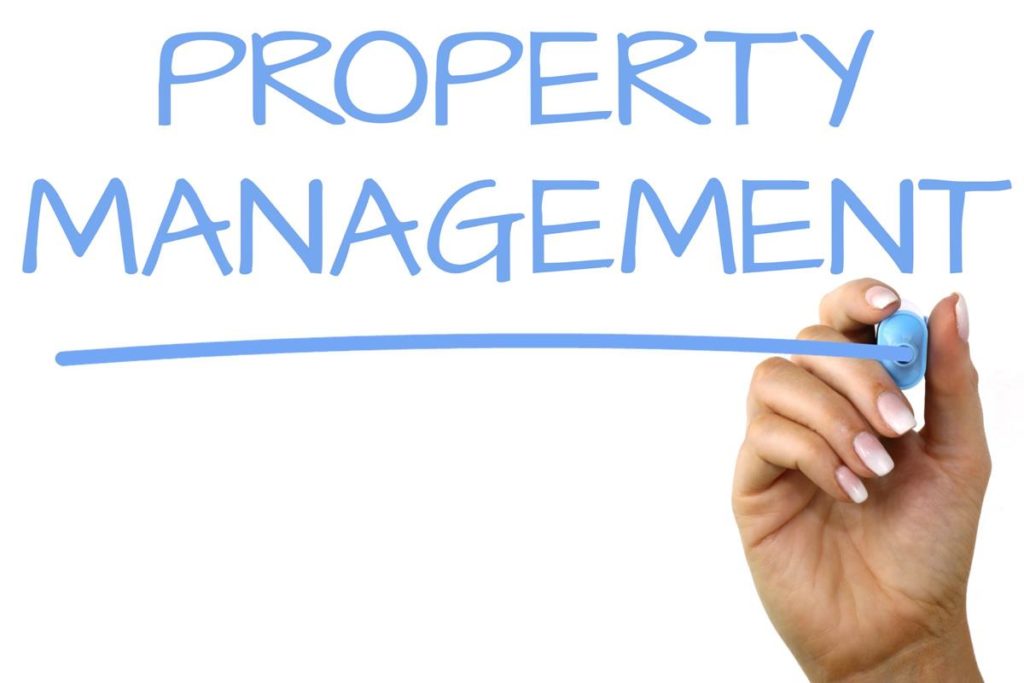When it comes to property management software, it can be challenging to find the one that’s best for your business.
If you network with other landlords or through a professional landlords association, you can always ask around to see what other property owners are using, but that may reveal little useful information. Many property owners still rely on programs like Excel to track the information they need.
Typically, it is the owners of large properties or a large number of properties who understand the value of investing in landlord software. However, even small property owners can benefit from a program that keeps all of their property and tenant information stored, organized, and accessible.
Tracking tenants and paperwork
Using landlord software like Turbo Tenant allows you to stay on top of paperwork, track maintenance requests and projects, provide alerts when needed, and maintain records. You’ll know precisely where your maintenance staff is with every request and project regardless of what property it is at. This is also helpful when a tenant calls about something important; you can provide an immediate and informed response.
Additionally, if you need to take a tenant to court for any reason, you can provide a record of all rent payments (with dates), repairs, and upgrades made to the property, alongside anything else you may need about that tenant or that property.
Turbo Tenant can help you track in real-time who’s paid their rent and who hasn’t. If you have multiple tenants, it may get confusing sometimes, or you may not realize for days or weeks that a tenant didn’t pay or made a partial payment. The longer you let things go, the less likely you are to get your money on time in the future. Some courts will even uphold later payment dates if the tenant can prove you regularly allowed them to pay their rent late.
As stated earlier, you can keep digital copies of all your needed paperwork. Gone are the days when you have to rely on a file cabinet full of tenant files to maintain leases, releases, amendments, and more. You can keep digital copies of everything in your management system and pull up everything you need in seconds.
Managing your vacancies
Turbo Tenant can also help you maintain a status report on empty units. You’ll know which units need to be cleaned out and repaired. You’ll know which units are ready for market and which units are available for showings when you have prospective tenants. Losing track of empty units can be very costly since, you’re losing money every month that a unit is vacant.
However, if you have several properties and multiple units are empty at the same time, it can be difficult to know what needs to be done with each unit to get it ready to rent, who is doing the work, etc. A property management system helps you track the status of each unit daily, so you know right away what needs to be done and wasn’t hasn’t gotten done. It will also help you stay current on inspections and what needs to be done for the inspections.
The role of a landlord can vary radically depending on the number of properties you own, the area your properties are located, and the types of properties you own. For example, the management of an apartment building with 20 apartments is going to much significantly different than owning 20 single-family homes even though the number of tenants will be the same. But the right software can be helpful all the same.

